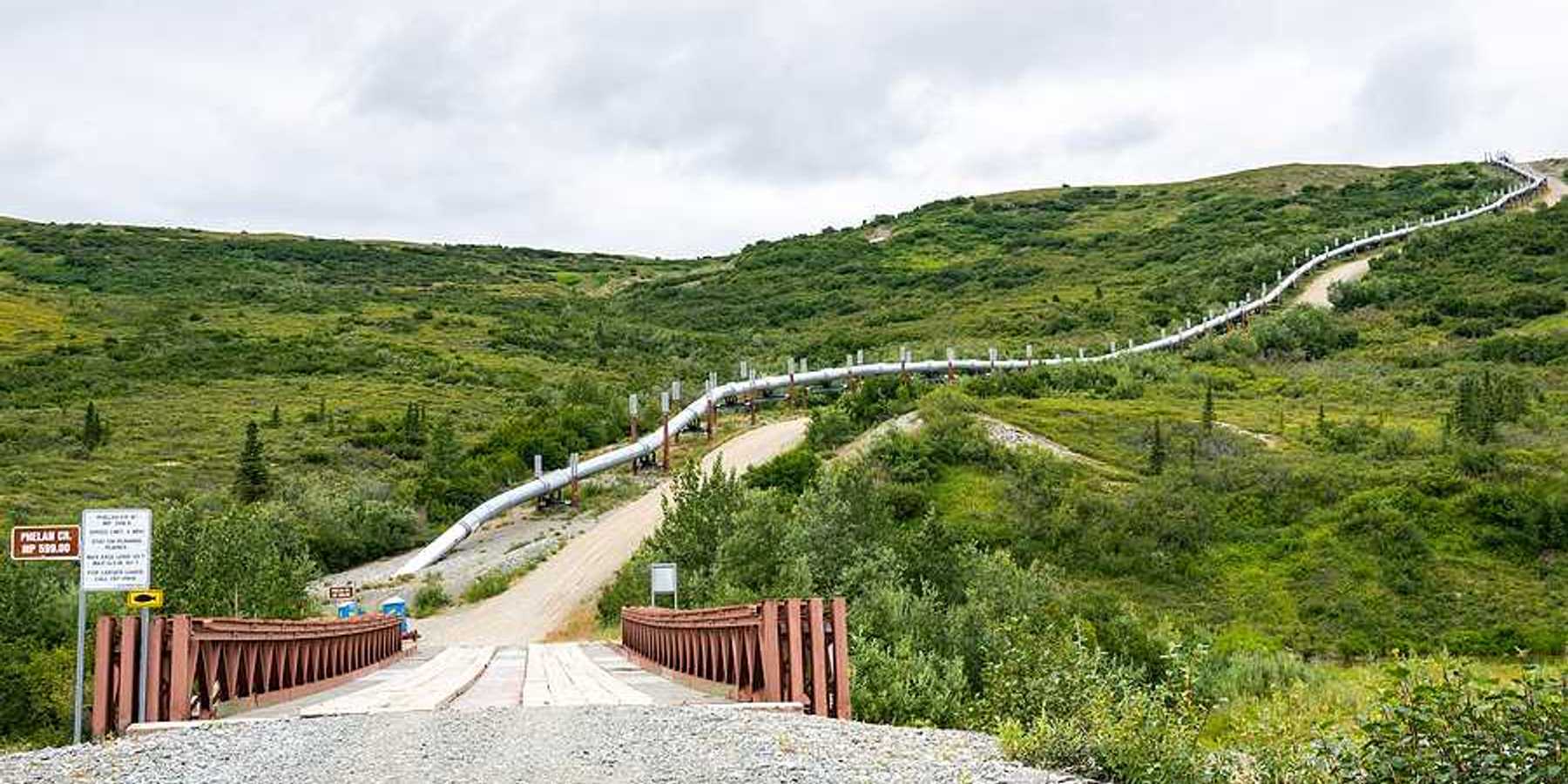Occidental Petroleum's net-zero claims met with skepticism
Occidental Petroleum's strategy to achieve net-zero emissions through carbon capture and other technologies faces significant criticism for potentially increasing overall greenhouse gas emissions.
Joseph Winters reports for Grist.
In short:
- Despite Occidental Petroleum's commitment to net-zero by 2040, critics argue that their reliance on carbon capture technologies may actually exacerbate their carbon footprint.
- The company's plans involve using captured carbon for enhanced oil recovery, which critics say undermines the goal of reducing greenhouse gas emissions.
- Independent experts and analyses suggest that the energy-intensive nature of these technologies, primarily powered by fossil fuels, may result in net increases in emissions.
Key quote:
"What we have to do is phase out fossil fuels, not perpetuate their life."
— Marlène Ramón Hernández, expert on carbon removal at Carbon Market Watch
Why this matters:
Critics argue that while carbon capture technologies promise to remove CO2 from the atmosphere, they may inadvertently lead to an increase in overall greenhouse gas emissions. This paradox arises because the infrastructure and energy required to capture and store carbon can itself be substantial. There's also a concern that relying heavily on these technologies could perpetuate the continued use of fossil fuels, as companies might feel justified in maintaining or even increasing production due to the perceived mitigation offered by carbon capture.













